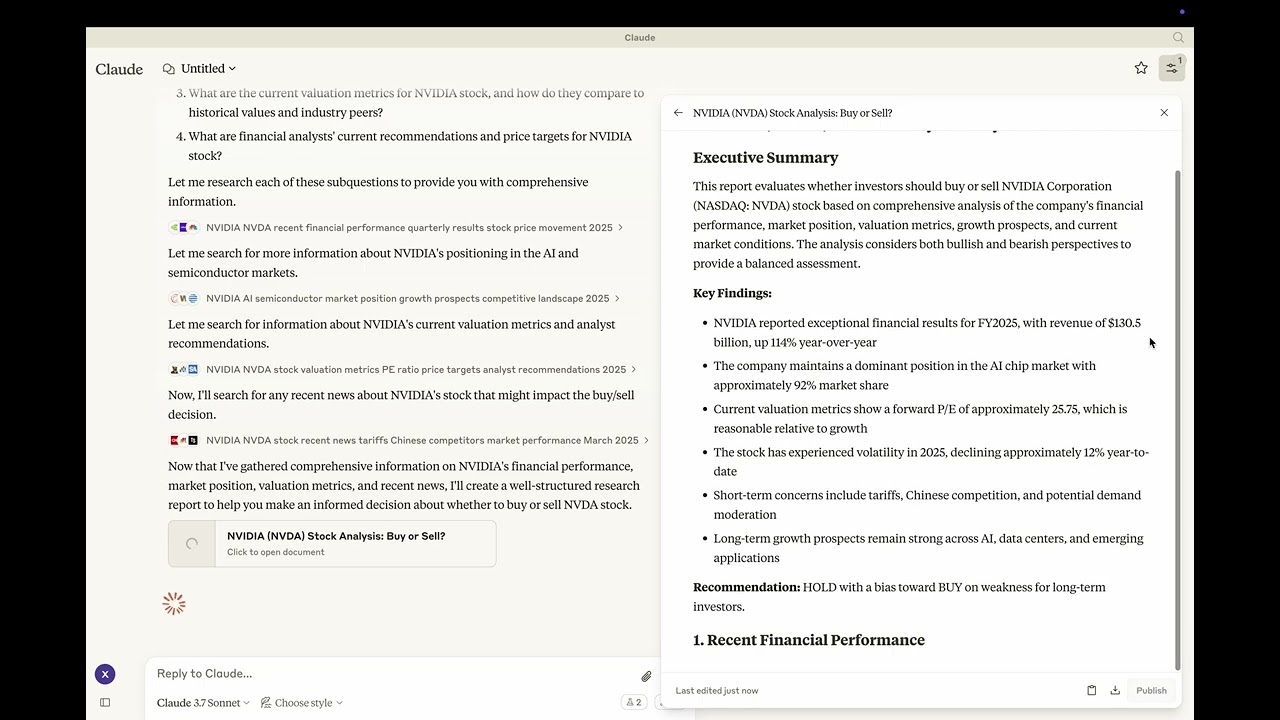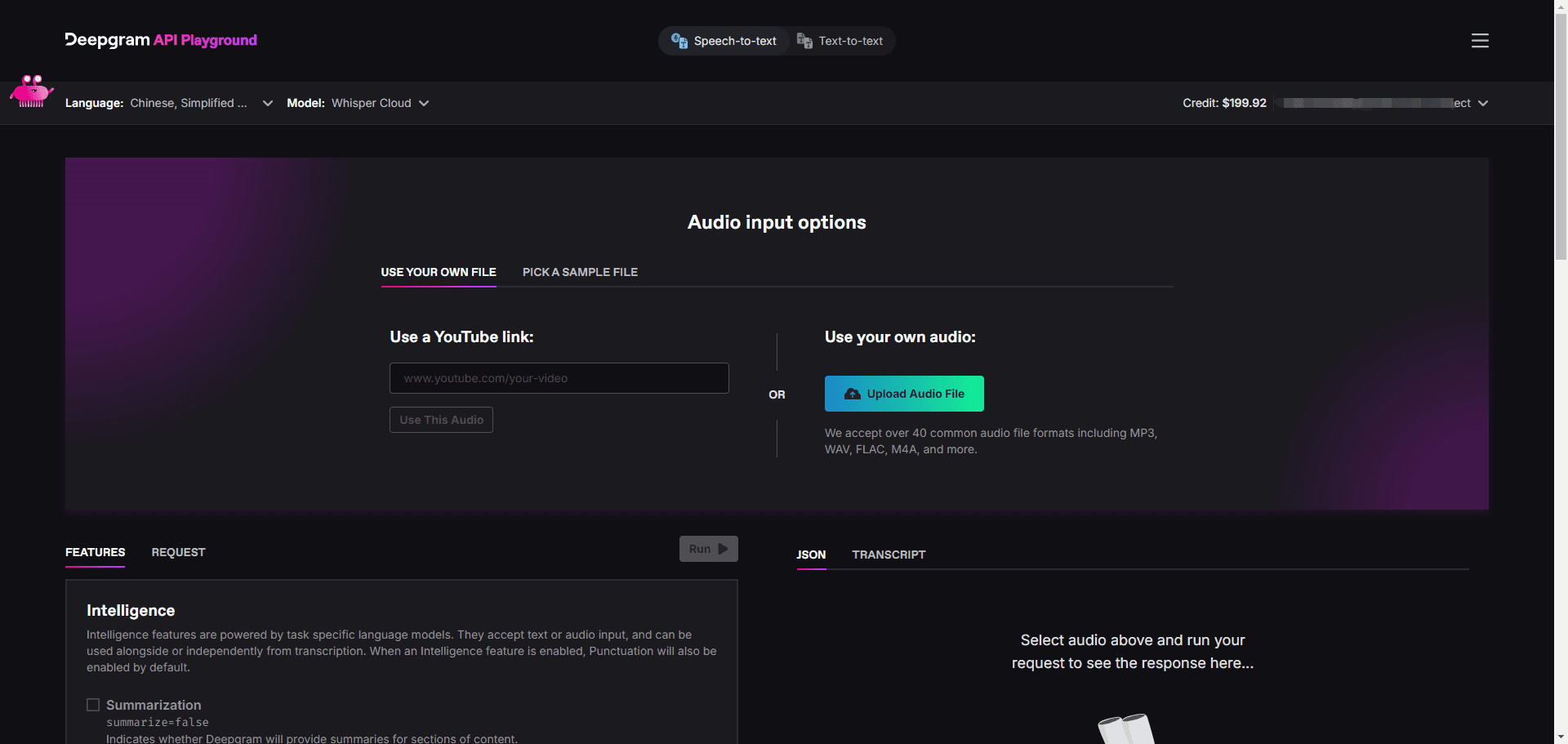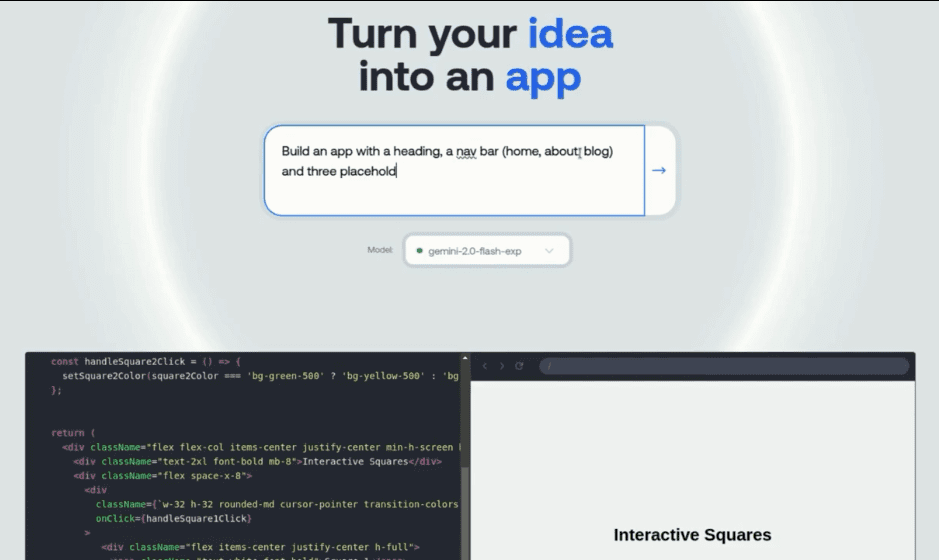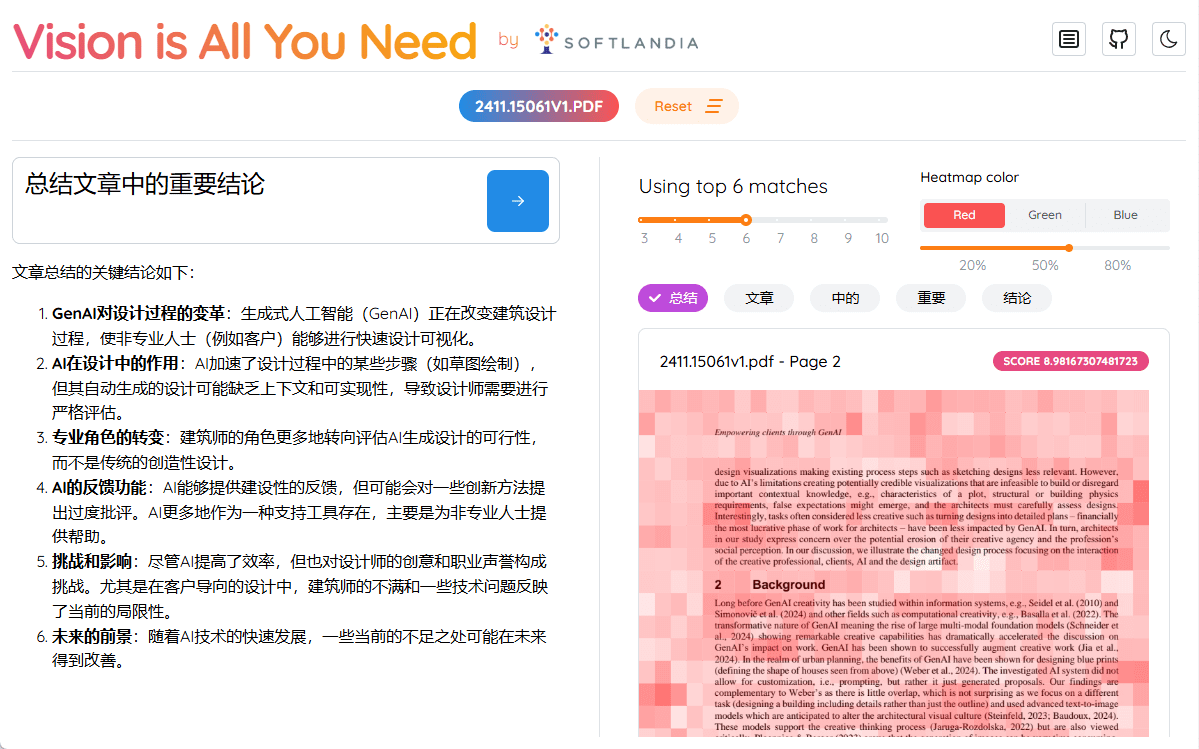Instructor: a Python library to simplify structured output workflows for large language models
General Introduction
Instructor is a popular Python library designed for processing structured output from large language models (LLMs). Built on Pydantic, it provides a simple, transparent, and user-friendly API for managing data validation, retries, and streaming responses.Instructor has over a million downloads per month and is widely used in a variety of LLM workflows. The library supports multiple programming languages, including Python, TypeScript, Ruby, Go, and Elixir, and seamlessly integrates with a wide range of LLM providers, going beyond OpenAI support.
Recommended Reading:Structured Data Output Methods for Large Models: A Selected List of LLM JSON Resources,Outlines: Generate structured text output via regular expressions, JSON or Pydantic models,AI Functions: (API) services that convert input content into structured outputsThe
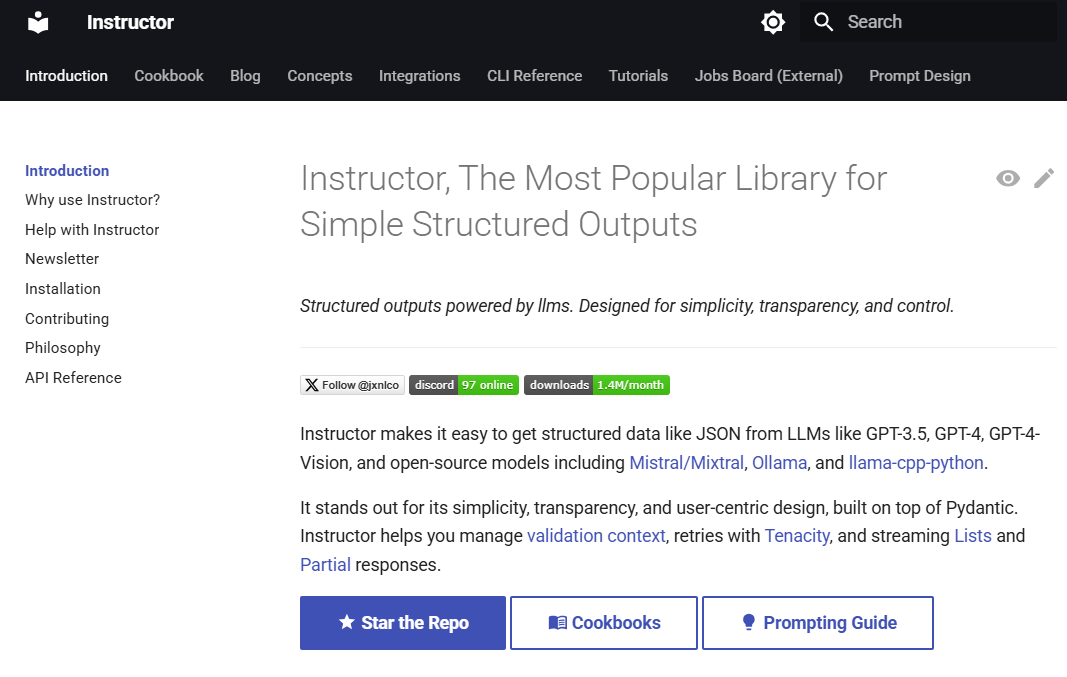
Function List
- response model: Use the Pydantic model to define the structure of the LLM output.
- Retest management: Easily configure the number of retries for a request.
- data validation: Ensure that the LLM response is as expected.
- Streaming Support: Easily handle lists and partial responses.
- Flexible Backend: Seamless integration with multiple LLM providers.
- Multi-language support: Supports multiple programming languages such as Python, TypeScript, Ruby, Go, and Elixir.
Using Help
Installation process
To install Instructor, simply run the following command:
pip install -U instructor
Basic use
Here is a simple example showing how to use Instructor to extract structured data from natural language:
import instructor
from pydantic import BaseModel
from openai import OpenAI
# 定义所需的输出结构
class UserInfo(BaseModel):
name: str
age: int
# 初始化 OpenAI 客户端并与 Instructor 集成
client = instructor.from_openai(OpenAI())
# 从自然语言中提取结构化数据
user_info = client.chat.completions.create(
model="gpt-4o-mini",
response_model=UserInfo,
messages=[{"role": "user", "content": "John Doe is 30 years old."}]
)
print(user_info.name) # 输出: John Doe
print(user_info.age) # 输出: 30
Using Hooks
Instructor provides a powerful hook system that allows you to intercept and log at various stages of the LLM interaction process. Below is a simple example showing how to use hooks:
import instructor
from openai import OpenAI
from pydantic import BaseModel
class UserInfo(BaseModel):
name: str
age: int
# 初始化 OpenAI 客户端并与 Instructor 集成
client = instructor.from_openai(OpenAI())
# 使用钩子记录交互过程
client.add_hook("before_request", lambda request: print(f"Request: {request}"))
client.add_hook("after_response", lambda response: print(f"Response: {response}"))
# 从自然语言中提取结构化数据
user_info = client.chat.completions.create(
model="gpt-4o-mini",
response_model=UserInfo,
messages=[{"role": "user", "content": "Jane Doe is 25 years old."}]
)
print(user_info.name) # 输出: Jane Doe
print(user_info.age) # 输出: 25
Advanced Usage
Instructor also supports integration with other LLM providers and offers flexible configuration options. You can customize the number of retries for requests, data validation rules, and streaming response handling as needed.
© Copyright notes
Article copyright AI Sharing Circle All, please do not reproduce without permission.
Related posts

No comments...

